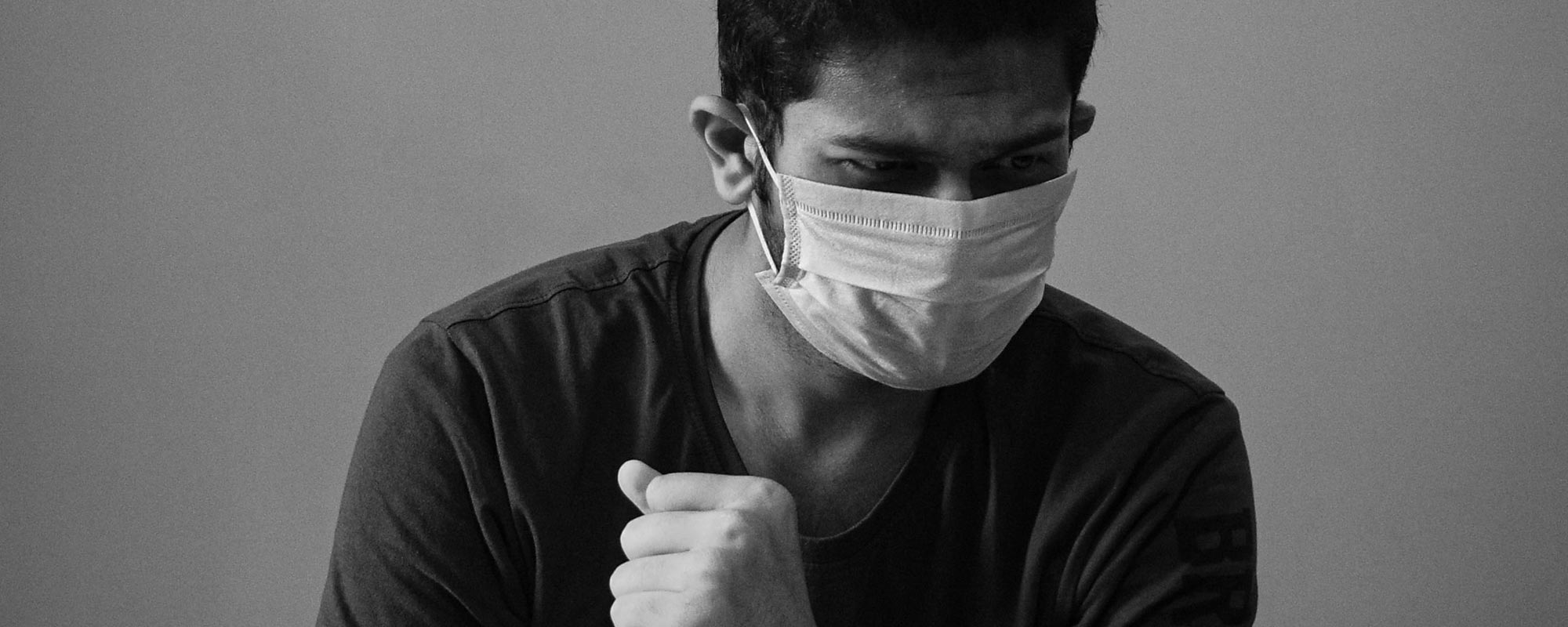May 27, 2020
When the Premier of Ontario was asked last week on a teleconference whether merchants can refuse service to customers without face masks, he was unequivocal: “Any business has the right to refuse anyone. That’s their business.”
But that it were so simple. Given that he regularly announces new emergency management laws these days, when he suggested that stores can refuse service to the unmasked, it was unclear whether a new law had been promulgated.
It hadn’t. And the law on point is more complicated than he suggested. This is not to say: don’t wear masks. It’s only to say: the law doesn’t necessarily require you to wear a mask, although nor does the law require merchants to serve you, no matter what.
Practically speaking, there are business and legal reasons for companies to let shoppers make their own choices, just as there are practical, social and public health reasons for consumers to simply wear a mask if asked to do so. Neither published reports nor reports to our organization have alerted us to unfair treatment by merchants regarding masks.
For a ‘no mask, no service’ policy, there are clashing freedoms of commerce, equality, liberty and the fact that the provincial law has granted special privilege to some businesses to sell to the public, during COVID19, whereas others are closed. Food security is less than it was pre-COVID, putting grocers and take-out in a privileged position, legally and commercially — particularly in rural and remote areas of Canada.
That the law does not mandate the wearing of masks in public means that we legally have the freedom to choose whether to wear a mask. The freedom of commerce doctrine that private businesses are free to deal with the public as they choose belongs to an older economy, which actually permitted discriminatory practices, such as in Christie v. The York, a 1939 Supreme Court of Canada case, where a tavern refused service to a Jamaican-Canadian. That private law freedom upheld by that Court is limited today by competing rights — to equality, for example, under the Human Rights Code, and by health and safety regulations. A grocer can no doubt invoke health and safety regulations to require the use of masks, subject to the risk that this blanket policy could violate the Human Rights Code, because the customer is asthmatic or has a disability or has good reason to believe that the exclusion is discriminatory.
Taken together, all this means that merchants should tread carefully about flexing their commercial freedoms during COVID because a Human Rights Code complaint could follow. And customers should tread carefully if asked to mask up, because they may be refused service. The rule of law suggests that First Ministers avoid making statements during teleconferences that seem to carry legal authority. Customers have rights, stores have responsibilities. Ideally, we work it out.
By Michael Bryant, the Executive Director of the Canadian Civil Liberties Association, and the 35th Attorney General of Ontario.
About the Canadian Civil Liberties Association
The CCLA is an independent, non-profit organization with supporters from across the country. Founded in 1964, the CCLA is a national human rights organization committed to defending the rights, dignity, safety, and freedoms of all people in Canada.
For the Media
For further comments, please contact us at media@ccla.org.





